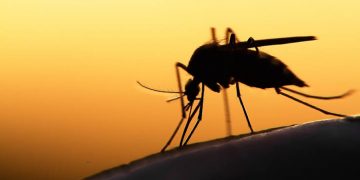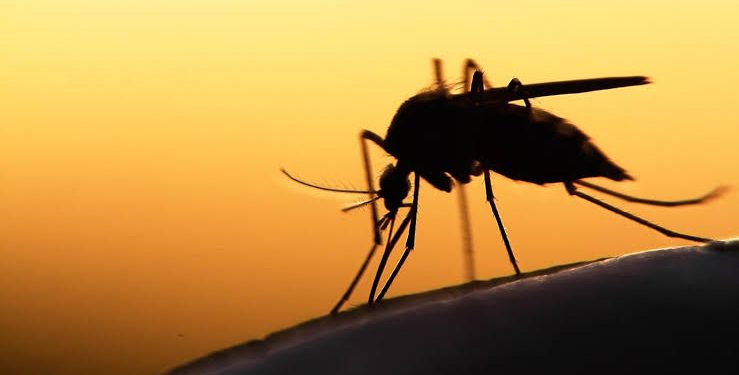A malaria vaccine developed by the same team behind the Oxford coronavirus jab has been found to be 77 per cent effective in providing protection against the mosquito-borne disease, in what is a major scientific breakthrough for the world.
It is the first time that a vaccine for malaria has surpassed the 75 per cent efficacy goal set by the World Health Organisation, raising fresh hope that the disease can be one day eradicated.
The successful development of COVID-19 vaccines in record time propelled what health experts described as a landmark achievement in the advancement of a vaccine for malaria, one of the biggest killers of children globally.
Adrian Hill, whose work at Oxford University’s Jenner institute set the foundations for the Oxford COVID-19 vaccines, designed and developed the malaria vaccine dubbed ‘R21/Matrix-M’ which is said to demonstrate 77 per cent efficacy in over 12 months of trials.
Other experts have described the findings as “exciting”, saying the jab could have a “real impact” on the disease.
Scientists have been trying to produce an effective vaccine against malaria, caused by the Plasmodium parasite, since 1907.
Clinical trials began in the 1940s, got serious from the 1980s onwards and, today, over 140 malaria vaccine candidates have been tested in humans, according to a report by The Conversation.
But none has progressed to approval and deployment, a sharp contrast to the COVID-19 vaccine which was developed in less than one year.
Due to the size of the malaria parasite, which is much bigger than a virus, finding the right protein in its genome to target and neutralise is remarkably difficult, making both natural and artificially induced immunity hard to achieve.
Although GlaxoSmithKline has succeeded in taking its malaria vaccine into a piloted implementation programme in Africa, the jab has been plagued by nagging efficacy concerns. Four doses offer only 29 per cent protection against severe disease
Though monumental progress has been made in reducing the scourge of malaria globally, the disease still remain# lethal, especially in Africa.
The mosquito-borne disease continues to be a major public health problem in 97 countries – particularly, in Sub-Saharan Africa, where an estimated 90 per cent of all malaria deaths still occur, according to a 2017 WHO Malaria Report.




































